🛋️Furniture Goldilocks Zone
Case of the suitcase, Experience economy, Tread lightly, Winning recipe
Hi Surgies 👋
Almost every (non-work and non Goodmorning-with-flowers-type) Whatsapp group or email list has numerous messages with someone selling/scouting/scrambling for last-minute Coldplay tickets.
It’s time! India wants experiences. From the underground EDM festivals of the 2000s and the chaos of Metallica’s infamous show in the early 2010s to the sold-out India-wide tours of artists like Diljit Dosanjh and Coldplay, it’s clear that India is eager for big experiences.
India’s growing appetite for the experience economy opens up opportunities for businesses tailored to this demand. The live concert market is projected to surpass ₹1,000 crore this year, with the potential for annual private spending on concerts to reach ₹6,000–8,000 crore. IRL is back, GenZrs (the affluent kind) are chucking their Insta time for experiences
Religious travel in India is expected to grow at a CAGR of 16.3% over the next decade and is likely to reach $4.6B in size by 2033. Around 40 Cr people are expected to attend the Mahakumbh this year. D2C brands and marketplaces are making their presence felt there.
Meanwhile, back to regular programming at the D2C newsletter…
🗞️Marketplace Buzz
Quick Commerce Gets Quicker. The storm is not abating.
Spencer’s Jiffy joins the quick commerce party, initially targeting urban customers in Kolkatta and then expanding to UP.
Delhivery launches 2-hour delivery services to help D2C brands deliver faster. Launched first in Bengaluru, Delhivery said its new service has already started processing over 300 orders daily, demonstrating strong early demand for the offering.
Zomato invests Rs 500 Cr in Blinkit, strengthening its cash position in the speedy delivery race. The quick commerce firm saw a similar infusion of Rs 300 crore in June last year
Meanwhile, not to be left behind, Swiggy has had a super active week:
Jan 8: Snacc – 15-minute food delivery app🍲
Jan 9: Instamart – Rolled out in 75+ cities, standalone app announced🛒
Jan 10: Pyng – Professional services marketplace🧑🔧
Jan 15: Swiggy Sports – Sports and recreation vertical🏏
Myntra is going to make every click count. The company has upgraded its ad engine to simplify campaign management, improve bid management and enhance performance metrics.
Amazon has been bullish on BFSI in India — both with investments & product partnerships. The company is looking to acquire Axio (an NBFC) in an all-cash $200M deal. It made several strategic moves over the years:
July 2015 - Led a $60M round into BankBazaar (credit discovery platform)
Dec 2016 - Launched Amazon Pay (today ranked no.8 UPI app in India with ₹9300 crore in monthly transaction processed volume)
May 2018 - invested $12M into Acko Insurance (over 100+ warranty products offered by Acko on Amazon’s marketplace)
Sept 2018 - got a corporate agency license to offer insurance products
August 2018 - Invested into Axio as part of the Series C financing; doubled down in 2024 via its Smbhav Fund
October 2018 - launched the famous ICICI co-brand credit card; now has 50L cards issued
August 2021 - Led a $40M funding round into Smallcase via Amazon Smbhav Fund
🍕D2C Snippets
D2C skincare brand Foxtale has raised $30M to scale operations. This marks Foxtale's second capital infusion within a year, following an $18 million round in June 2024.The beauty of their strategy? Laser-sharp targeting and a product lineup that delivers. The company plans to utilize the fresh capital to expand its product range and enhance its online presence. It has also entered into a strategic partnership with KOSÉ Corporation to expand the global beauty leader’s presence in India.
House of Chikankari Bags Seed Funding. The Delhi-based artisanal-led ethnic wear D2C brand raised Rs 4 Cr in seed funding. Proof that traditional crafts + modern business models = investor love. Founded by Aakriti Rawal and Poonam Rawal, the brand bridges the gap between traditional craftsmanship and contemporary design. Over the last four years, the House of Chikankari has collaborated with over 10,000 artisans across India.
Wonderchef’s Winning Recipe: Sanjeev Kapoor-backed Wonderchef is cooking up success with profitability in FY24. Turns out, blending celebrity appeal with strong operations is a recipe worth repeating. The company’s revenue from operations increased by 20% to Rs 377.6 crore in FY24 from Rs 315.5 crore in FY23. Wonderchef has secured a total funding of $50 million to date.
Recur Club, a debt marketplace for startups and SMEs, has launched a Rs 150 crore fund to accelerate the growth of D2C brands in the quick commerce sector. Businesses can get a loan from Rs 50 lakhs to Rs 100 crore within 48 hours by signing up and linking their financial data. In collaboration with InCred, it has deployed Rs 300 crore in funding aimed at supporting early and mid-stage startups in 2024.
This one doesn’t tread lightly: B2B tyre marketplace TyrePlex has raised ₹20 crore in funding. Founded in 2020, TyrePlex aims to streamline the fragmented tyre retail ecosystem in India. Its platform serves over 20,000 registered dealers, offering solutions to improve sales, manage inventory, and streamline procurement. The Indian tyre market, valued at USD 13 billion in 2024, is expected to grow to USD 30 billion by 2032. Despite this growth, 90% of tyre dealers operate as multi-brand outlets, highlighting the industry’s fragmented nature.
KisaanSay, a direct-from-origin food brand, has closed a $2M pre-Seed funding round. Founded by Nitin Puri, Manoj Karki, and Vaishali Mehta, KisaanSay, the company partners with farmer collectives in natural farming clusters across mountain valleys, forests, tribal areas, and drylands, ensuring each product is grown, minimally processed, and packaged at its origin. This guarantees better incomes and sustainable livelihoods for farmers while delivering healthier, tastier food options to consumers.
What sets Wooden Street apart from its peers? Limited customisation. Or something, the company calls the “Goldilocks zone”: not too much, not too little, but just the “right amount”. Wooden Street has nailed a growth formula that eludes most of its competitors by limiting customisation to the visible and tactile elements while standardising the invisible stuff.
Case of the Suitcase: How Mokobara and friends forced VIP and Safari to rethink the suitcase. For now, VC-backed luggage brands still have a tiny slice of the market, barely hitting double digits, as per an analyst who tracks the sector. But that slice has been growing quickly, and that’s enough to get the old guard nervous.
Meanwhile, Mokobara has been facing backlash from users after a social media influencer pointed out that other e-commerce sites were selling almost identical bags for a fraction of the price. This sparked a discussion on whether Mokobara is "white labelling" Chinese bags and reselling them at inflated prices.
Assembly Luggage’s founder took to social media to highlight the company’s manufacturing facility in India. However, he aptly put that “While product stands at the centre of any consumer goods business, marketing the product well, building a brand while also connecting with the consumers at an emotional level takes a copious amount of brainstorming and hard work too.”💯
📢Power Talk
“We are living in a post-omnichannel world. When I look at the most important brands and entrepreneurs and how they're finding success, they're not selling everywhere.” Harry Finkelstein, President, Shopify
📚Reads and Recommendations
The Anti-Playbook for Instagram Growth: When Less is More Blume Ventures dropped a truth bomb: growing on Instagram doesn’t always require a "viral moment." Their latest commentary champions organic growth over algorithm-chasing hacks. TL;DR: Authenticity > ads.
A new playbook for 2025 emphasizes finding untapped markets, not just saturating existing ones. Think niche, think underserved. Building D2C in 2025 the Bala Satish (Nobero) way. Excellent read.👌
How you should structure your meta creatives between the unaware, problem-aware, solution-aware, product-aware, and most-aware.
Over the last 30-40 years, Indian kitchens have adapted to the needs of working professionals, nuclear families👨👩👦, and smaller living spaces. Check out DSG Consumer Partner’s thesis about this space and their investment in the Indus Valley.
With TikTok prepared to go dark as soon (will it, won’t it, maybe it’s down by the time this hits your mailbox, can Elon or Perplexity figure out some middle ground), many marketers seem poised to go all in on Meta. Creators aren’t quite so sure.
That’s all for this week! Bye!
Folks at some companies have told us this newsletter is almost mandatory weekly reading for their teams 🥰. If your company is not in on it yet, get your teams on the latest in the e-commerce space every week.
Stay tuned for more.
Liked this week’s issue? Share it with your pals.



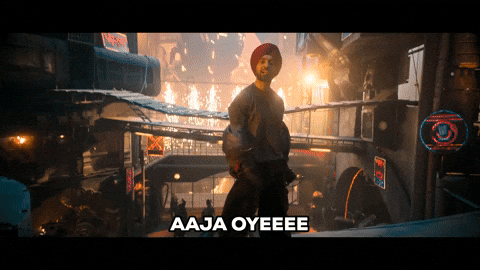
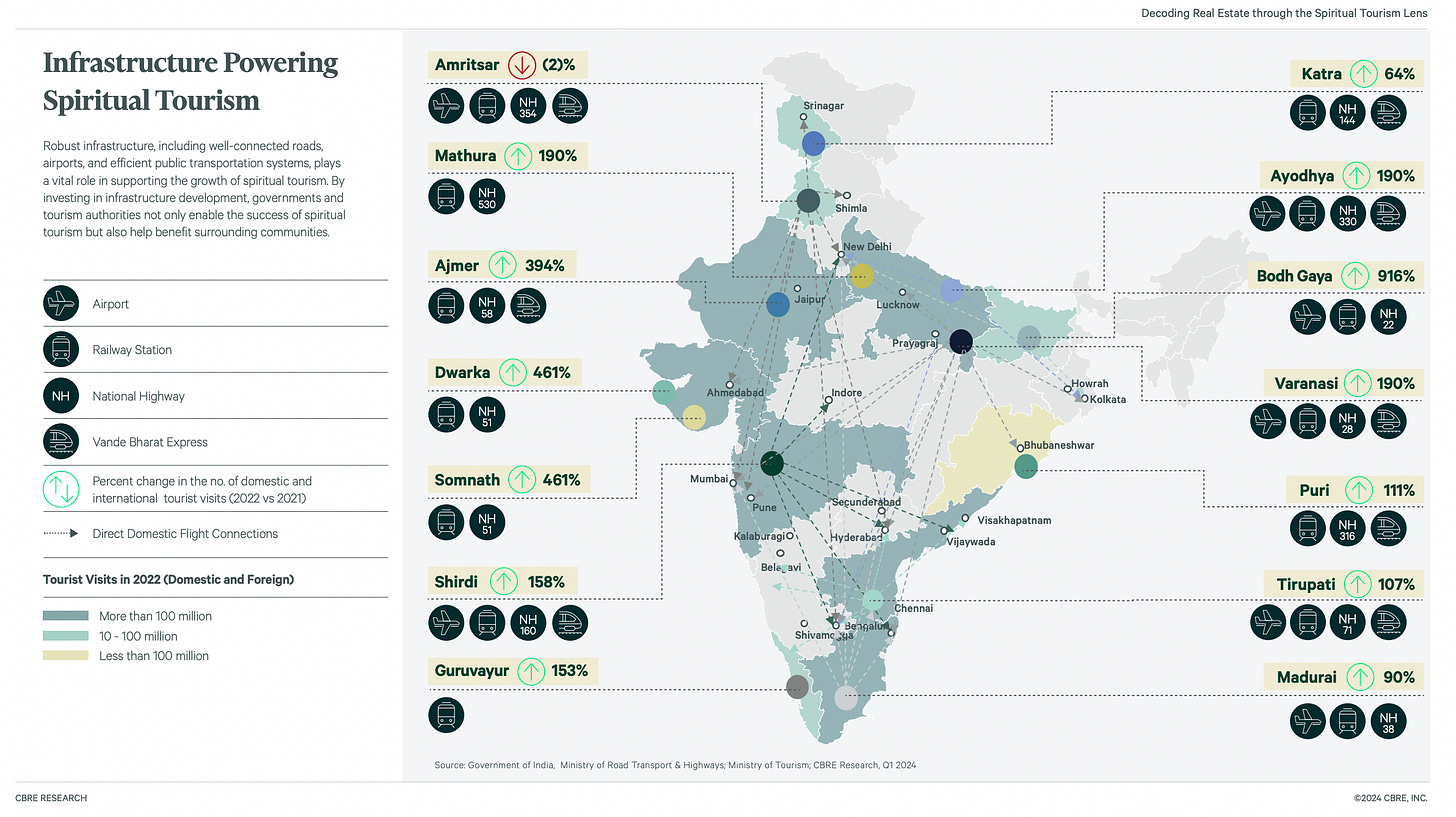

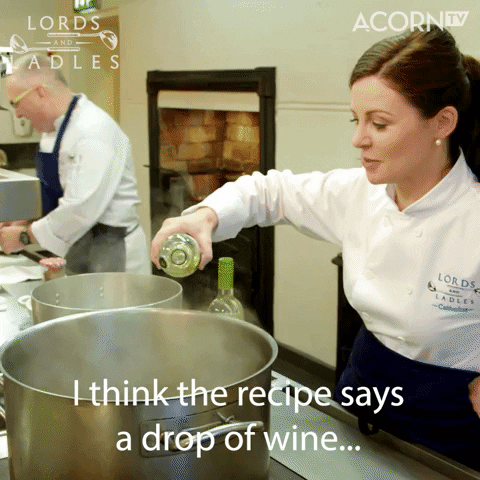
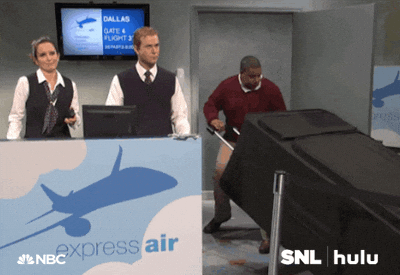
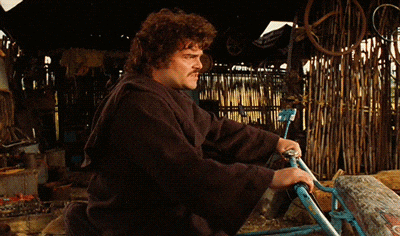
It was insightful, but your memes are very distracting while reading.